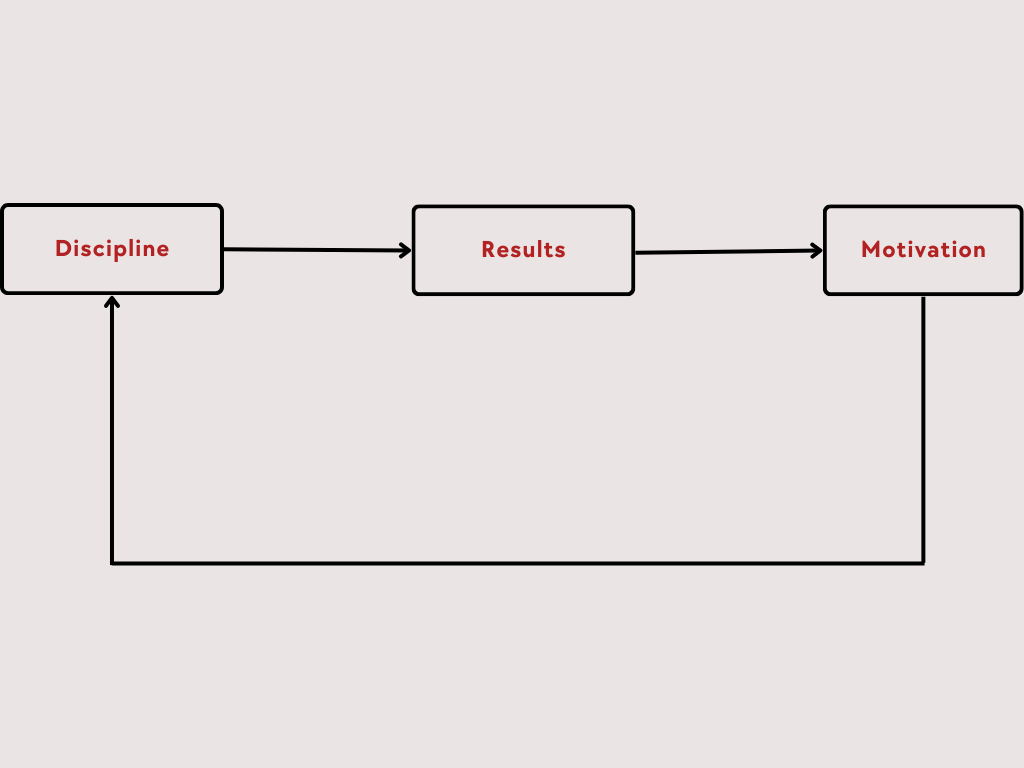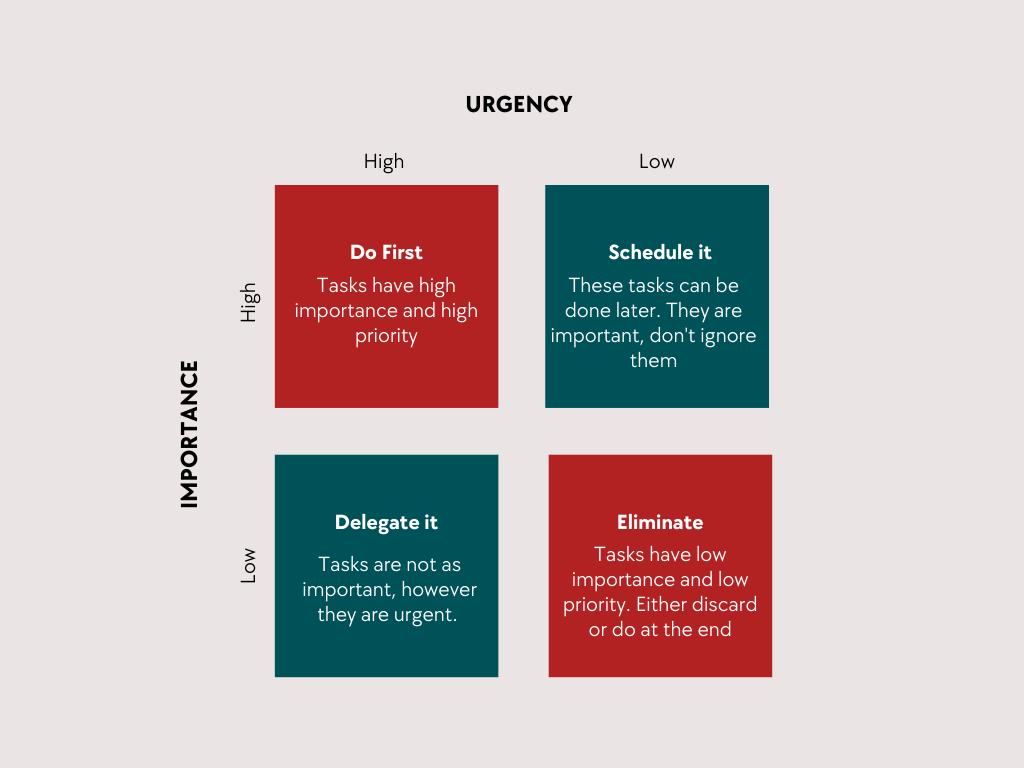[ad_1]
I produce articles because I prefer my disciplined routine over my motivation. Here’s my actionable plan to build discipline.
I have been thinking of joining Medium for a very long time. I had a lot of ideas, knowledge, tools, and tips to share, but I haven’t been able to gather the motivation to write on Medium, let alone publish.
All this is not related to writing only, which is by the way very notorious in the writing community for being a dull task. In other areas of my life like starting my gym routine to start eating healthy food, I have been facing problems maintaining a long-lasting routine. But here is how I got these things on track.
Finding the motivation before starting a task hardly works out. In this dopamine-driven world, we writers can easily get lost in TikTok or Instagram life. These platforms are not bad but they are not great as well. Hence I stopped looking for motivation before starting a task and build my routine around something much stronger- discipline.
Discipline leads to results, Motivation leads to emotions
Motivation is driven by emotions and leads to emotions as well. On a rainy day, you might not have the mood to work. Following motivation, you will stop doing that work.
On the other hand, discipline is driven by results. No matter what your mood is, you have to work. Take this as our childhood routine when we had to go to school no matter the mood.
Discipline and Motivation Complements Each Other
While finding motivation before starting a new task might be a difficult thing, the positive outcomes produced by discipline lead to an increase in motivation and self-confidence. Thus, the positive results augment the effect of discipline by binding motivation with it.

Discipline Brings Consistency- 37x Improved Personality
It is a well-known fact that consistency brings compounded results. Remember how improving 1% each day for a year ends up being 37 times the improved version than it is today?
Discipline helps uncover the effect of daily improvement that ends up in a personality that is self-confident, better at managing time, and has better emotional intelligence.
Here is the action plan for bringing discipline into your life.
1. Prioritize What Matters the Most
Prioritizing is very important in developing a workable routine. By prioritizing, you must remove the things that are not important and not urgent. Here’s what you should do:
- Take a pen and page and sit in a room with no distraction
- Think of all the things you want to do in your life, (go ahead and think of as many as you can) and write them down
- The things that you have listed the first are the most important or tingling you the most.
- Select the first 5 or 6 things and further filter them using the Eisenhower matrix: Matrix with importance and urgency as axes. Prioritize the ones in the “Very Important- Very Urgent” block first. Slowly start adding other things as you are done with the firstly added.

2. Instead of Goals, Set Plans
Goals are not definitive, plans are. This means that while goals are good for creating an overall umbrella of your life-long aspirations, plans are required to achieve those goals.
It can be said that goals are strategic in nature, and plans are the tactics required for accomplishing that strategy. Plans can be daily, weekly, monthly, quarterly, or year-long.
Plans can offer clarity to achieve the goals. Plans are specific. For example:
I plan to write 2,500 words daily for the next week.
This can be more specific by saying:
I plan to write 1,000 words for clients, 1,000 words on Medium, and 500 words on Social Media.

Make your plans as specific as possible by adding more and more details. This is further explained in subheading 4.
3. Create a Routine
While plans specify what is needed to achieve, routine specifies how those things will be achieved. Routines are mostly based on the division of the day into many sections to achieve certain goals. Routines are more related to your time management.
I like to center my routines around two to three goals. I divide my day to achieve those goals. Some of the tips while making routine/ timetables are:
- Don’t overdo your routine
- Follow popular time management techniques like Pomodoro: taking 5–10 minutes breaks after every 40 minutes session; 30 minutes break after 4–5 sessions
- Setting up calendars or displaying a timetable in front of your table
4. Create Systems, by Including Hygiene Factors, and Motivators
Apart from time management, a disciplined routine is also influenced by creating systems with motivators and hygienic factors.
Motivators and Hygiene factors as proposed in the Two-factor theory by Frederick Herzberg, are widely used by HR managers. I learned them in my Organizational Behaviour Class. These are used for increasing workplace efficiency.
While motivators increase job/workplace satisfaction, the hygiene factors contribute to that initial push that we need to start the work. Some of the hygiene factors include working environment and salary.
While building a productive routine, it is necessary to set up a system that promotes work. An example of a writer’s system is:
- Decluttering your workspace
- Placing your mobile phone out of reach
- Building a playlist if you listen to music
- Suitable temperature and lighting conditions
- Setting up alarms, alerts, and timetables
- Setting up ergonomic chairs and tables.
The key is to make your working environment as inviting as possible and remove distractions as much as you can.
5. Take Baby Steps, Take a Break
As outlined above, the key to making and following a routine is that it is simple and only includes prioritized tasks. If you are writing 1,000 words in a day, your routine should increase them to 1,500 to 2,000. Increasing them to 4,000 words a day will only regress your routine and will cause fatigue.
Similarly, do not work on building more than three habits at one time. Take things slowly in your routine and gradually increase the number of goals.
Moreover, take breaks on daily basis by following Pomodoro within a task, and after a task. Also, include breaks in your weekly routine where you do nothing but relax. It is your body, not a machine.
At the end of the day, these are routines and consistency that matter.
[ad_2]
Source link



